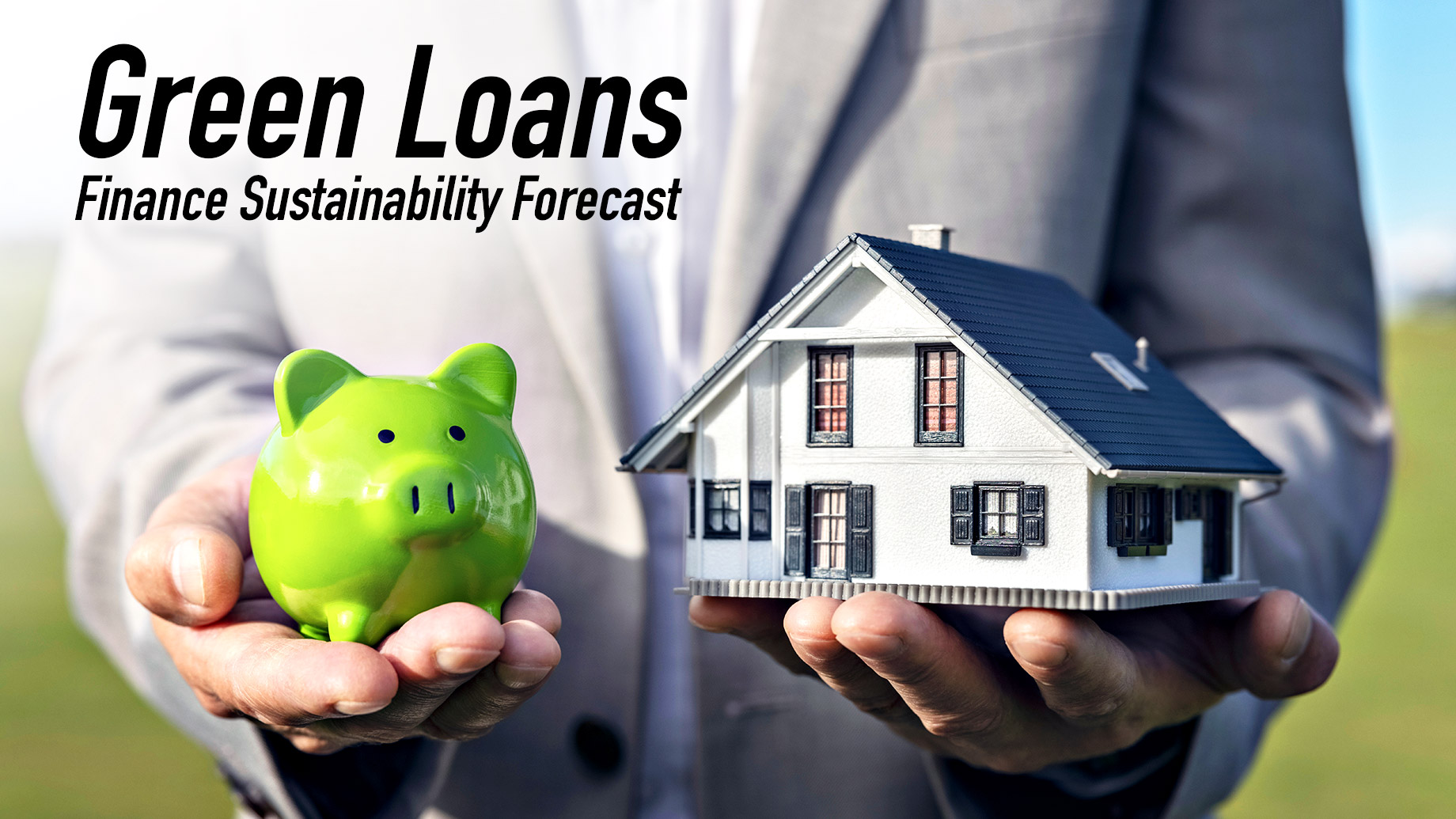
The Role of Sustainability-Linked Loans in Ghana’s Sustainable Development
As the 2030 deadline for achieving the Sustainable Development Goals (SDGs) approaches, Ghana has taken significant steps to strengthen its commitment to sustainable development. This includes the establishment of legal and regulatory frameworks across various sectors, particularly in finance. These efforts aim to align national priorities with global sustainability targets.
In recent years, Ghana has introduced several financial instruments to support sustainable development. For instance, the Securities Industry (Green Bond) Guidelines have been implemented to guide the issuance of Green Bonds. Additionally, the Ghana Fixed Income Market Rules provide a framework for issuing social bonds, gender bonds, green bonds, and other sustainability-themed bonds. These measures are part of a broader strategy to channel investments into areas such as energy, transportation, and agriculture.
Ghana has also adopted the Ghana Green Finance Taxonomy, which serves as a classification system for green projects. This initiative aims to direct capital toward environmentally sustainable initiatives, ensuring that investments contribute meaningfully to national and global sustainability goals.
Despite these advancements, most of the existing initiatives have primarily focused on bond financing, which is typically accessible to large corporate entities and sovereign borrowers. However, Small and Medium Enterprises (SMEs) play a critical role in Ghana's economy. They account for approximately 92% of registered companies and contribute around 70% to the GDP. Moreover, SMEs generate over 80% of jobs in the country. These businesses often rely on bank loans and short-term financing options for their operations. It is essential to ensure that SMEs have access to debt financing options that align with sustainability goals.
This is where Sustainability-Linked Loans (SLLs) come into play. SLLs are an emerging sustainable finance instrument designed to incentivize borrowers to achieve specific environmental, social, and governance (ESG) targets. Unlike Green Loans, which are tied to specific projects, SLLs can be used for general business purposes. This flexibility makes them particularly suitable for SMEs that may not be involved in traditional green industries.
The primary advantages of SLLs include offering lower interest rates and favorable loan terms to borrowers who meet predefined ESG performance metrics. These metrics could include reducing carbon emissions, enhancing gender diversity in leadership, or improving energy efficiency. By rewarding sustainable behavior, SLLs create a win-win scenario for both borrowers and lenders.
However, SLLs remain largely untapped in Ghana. While there is growing recognition of the importance of ESG principles, no specific regulations have been enacted to govern the issuance of SLLs. The Bank of Ghana’s Sustainable Banking Principles and Sector Guidance Notes encourage banks to consider the environmental and social practices of their clients. However, these guidelines do not tie financial products to specific ESG targets or provide incentives for meeting them.
This lack of regulatory clarity presents challenges for the widespread adoption of SLLs. Without standardized ESG metrics, it is difficult to assess whether a loan qualifies as an SLL. Additionally, the absence of an authoritative body to oversee compliance with SLL standards increases the risk of greenwashing—where loans are labeled as sustainable without meeting the necessary criteria.
Despite these challenges, there are opportunities to enhance the availability of SLLs in Ghana. Local financial institutions can collaborate with international partners to develop tailored SLL products that meet the needs of Ghanaian businesses. Governments can also introduce incentives such as tax breaks or subsidies to encourage participation in SLL markets. Furthermore, capacity-building programs can help local institutions understand and implement SLL frameworks effectively.
To drive the adoption of SLLs, Ghana must develop a comprehensive legal and policy framework that includes standardized ESG metrics and reporting requirements. Financial incentives, such as reduced taxes or interest rate subsidies, can further encourage participation. Innovation in sustainable finance products should also be supported through grants or technical assistance to local financial institutions.
Public awareness campaigns are essential to educate businesses and financial institutions about the benefits of SLLs. Building trust in ESG reporting and fostering public-private partnerships will also be crucial in showcasing successful case studies and promoting wider adoption.
In conclusion, SLLs represent a transformative opportunity for promoting sustainable development in Ghana. While their adoption is currently limited, targeted policy interventions, capacity-building efforts, and stakeholder engagement can unlock their potential. By addressing financial, regulatory, and market barriers, Ghana can create a robust ecosystem for SLLs, enabling the country to achieve its sustainability goals while fostering economic growth.
